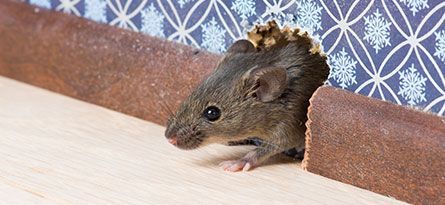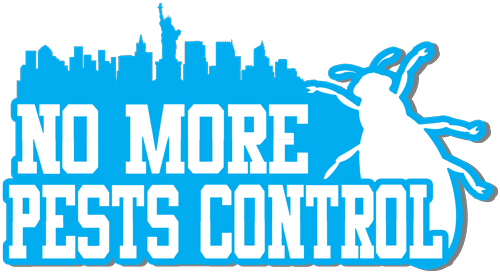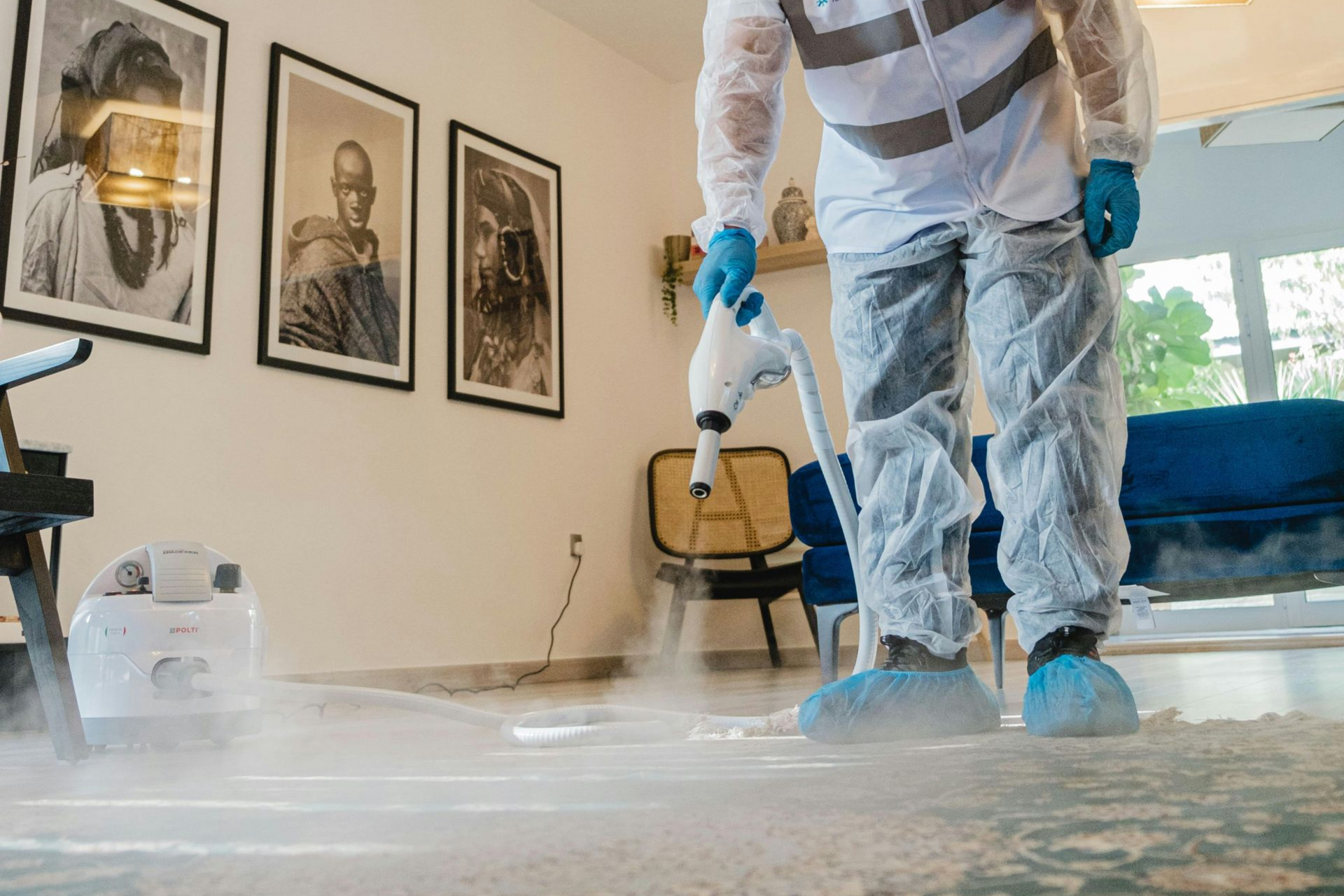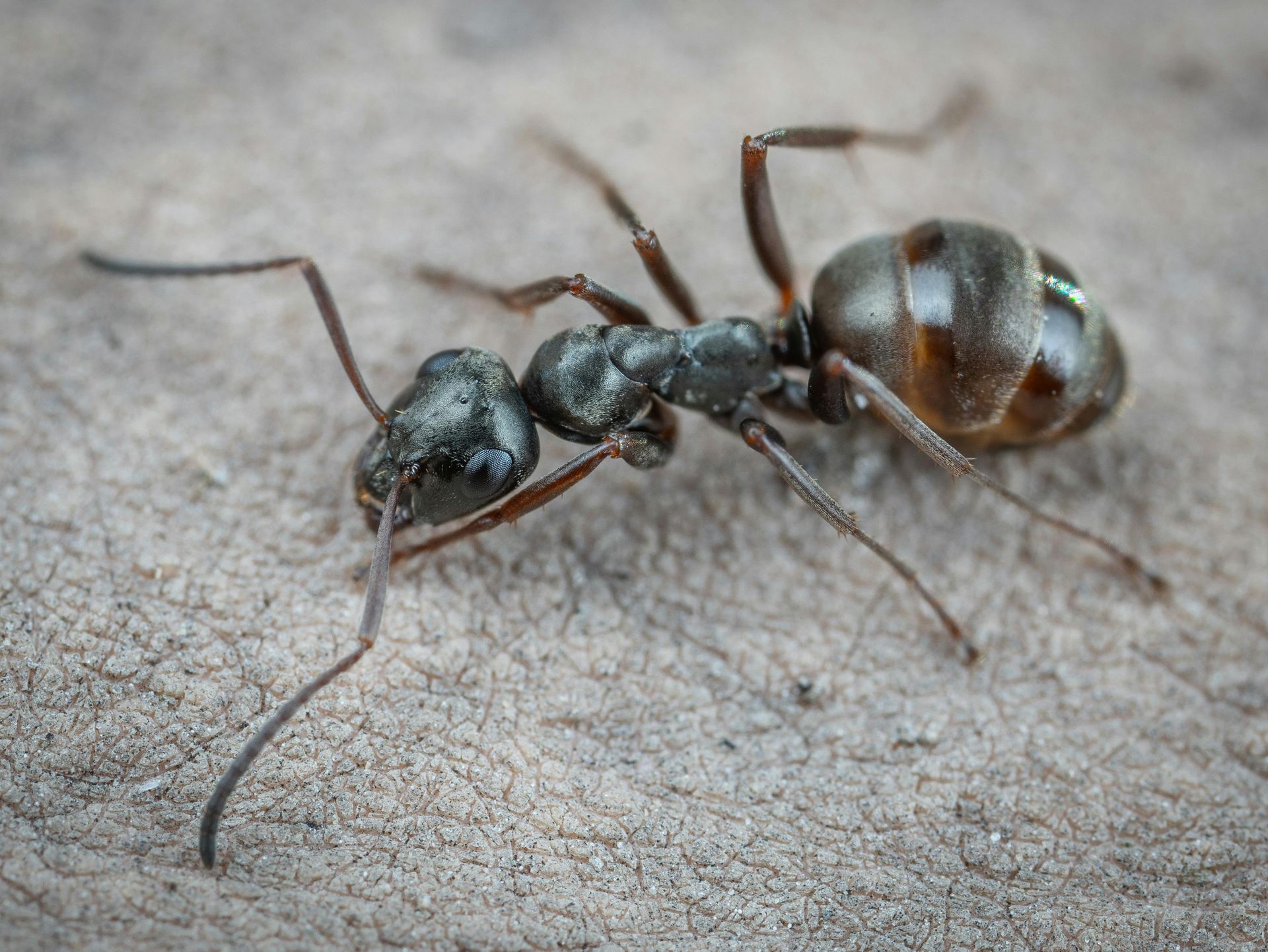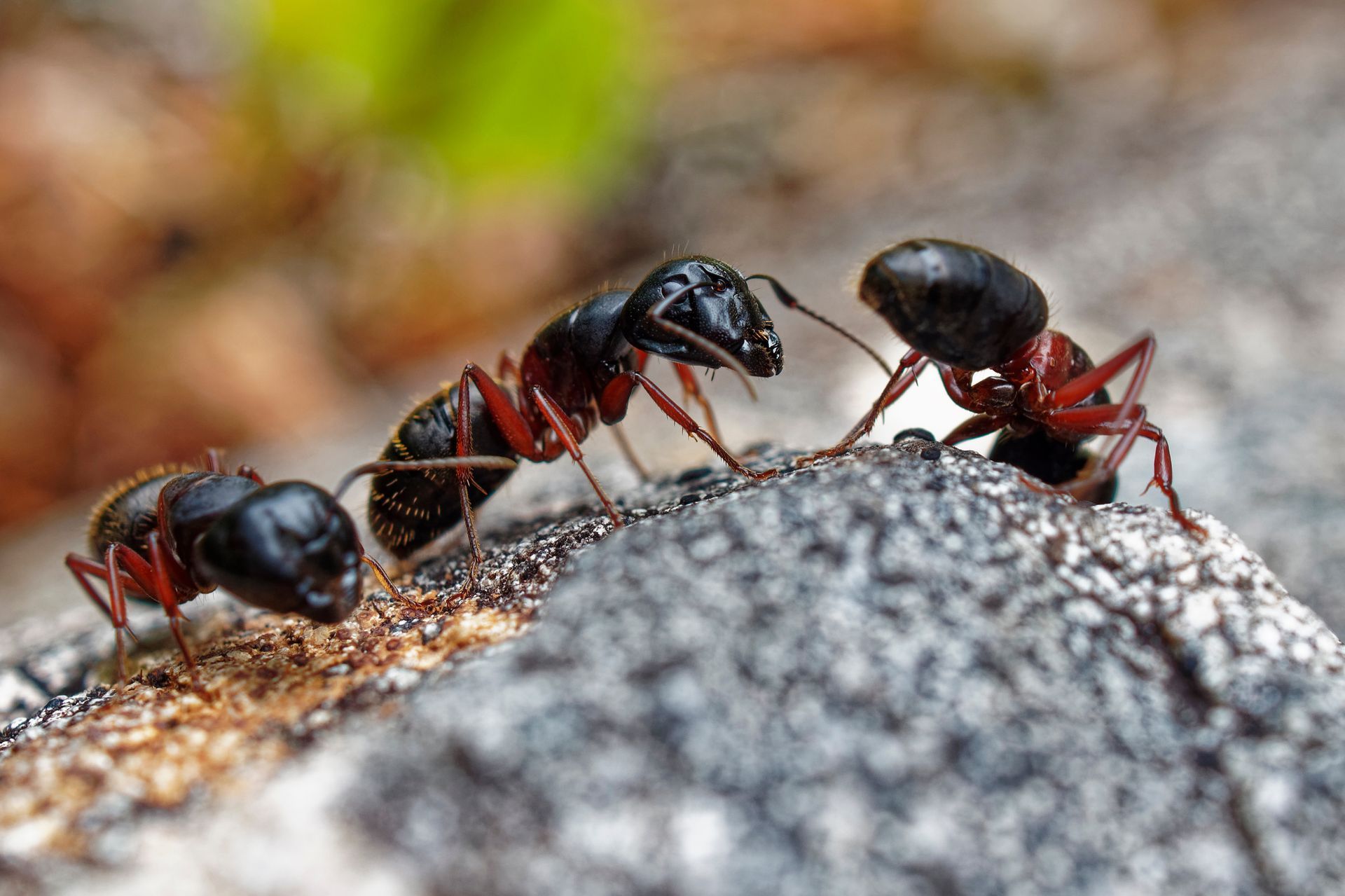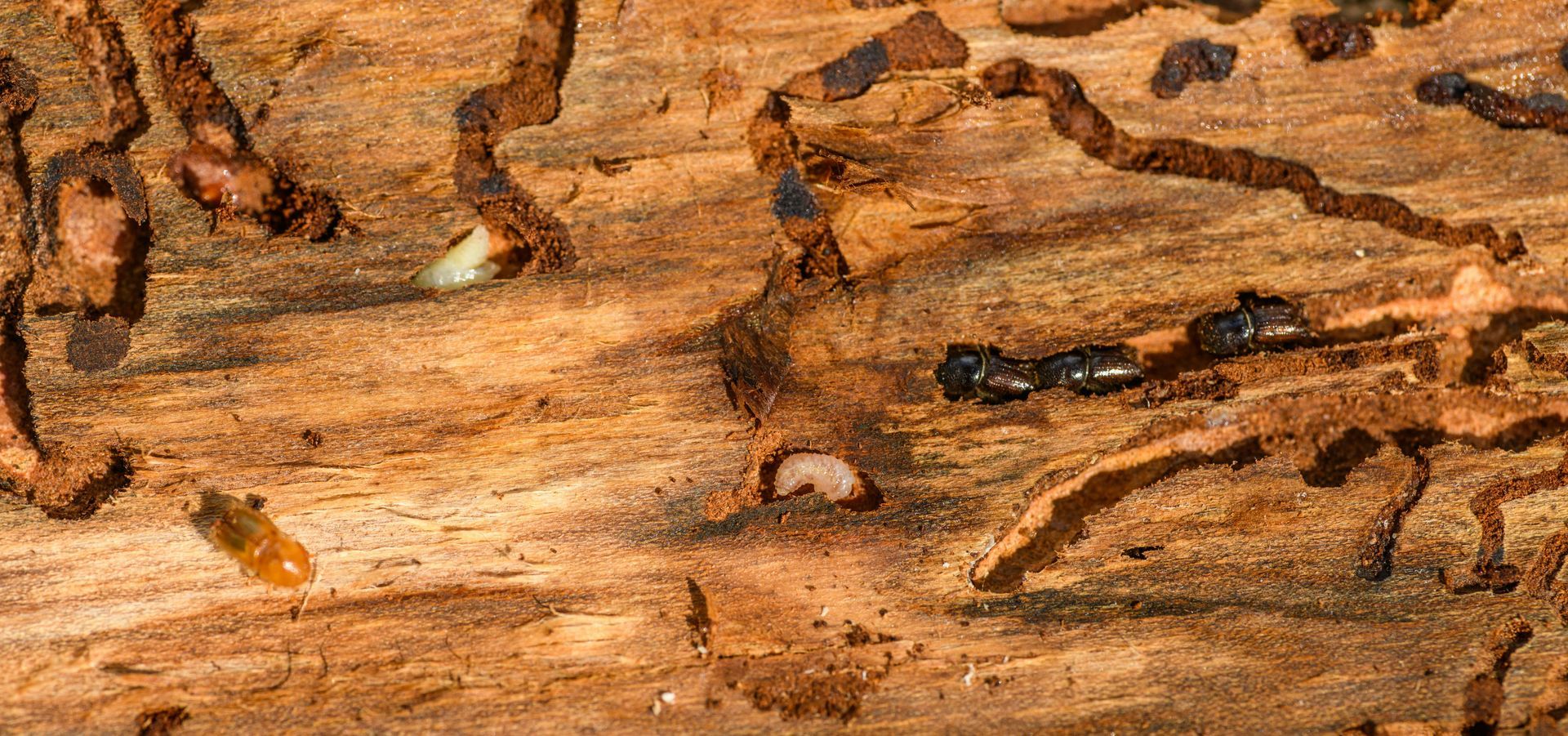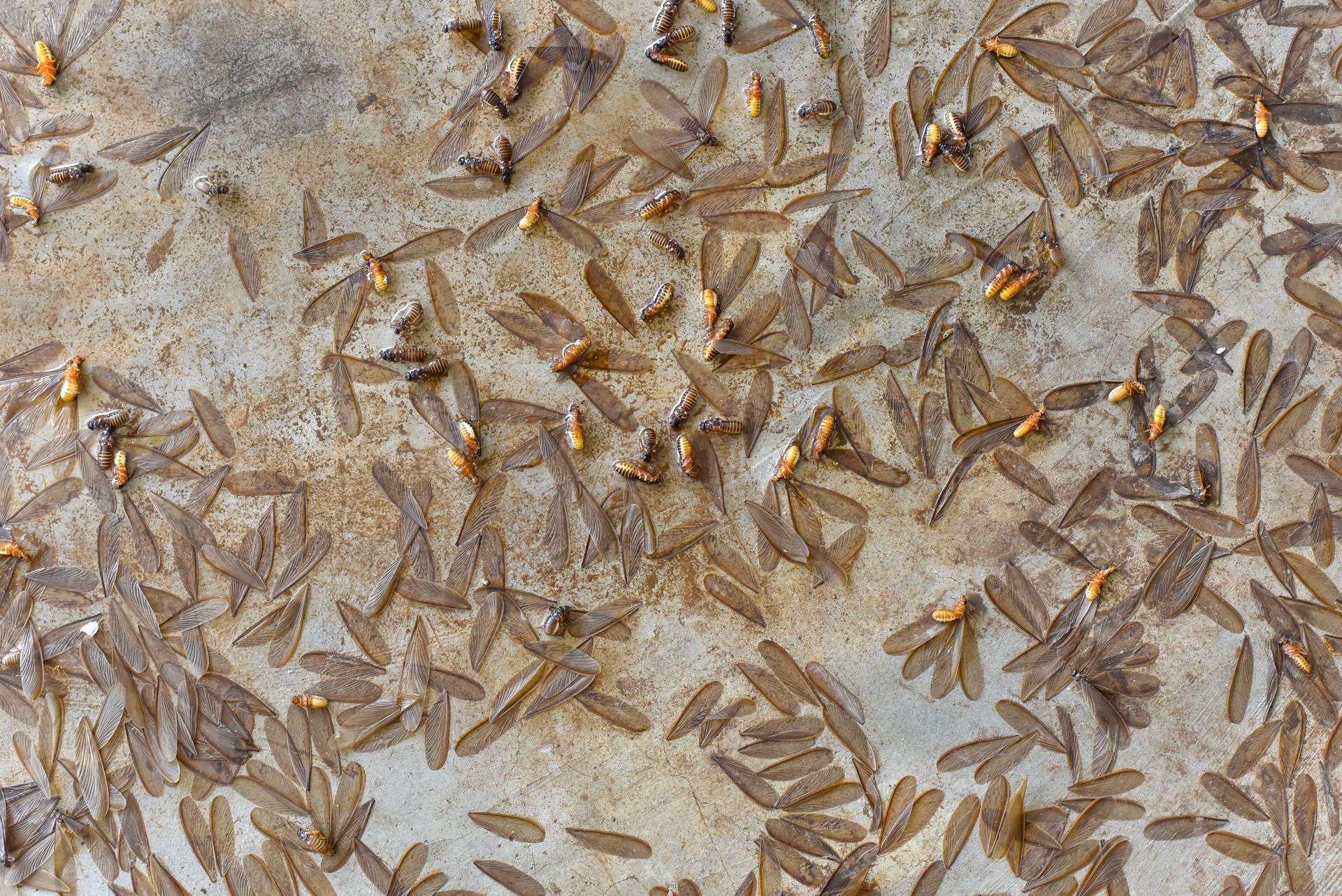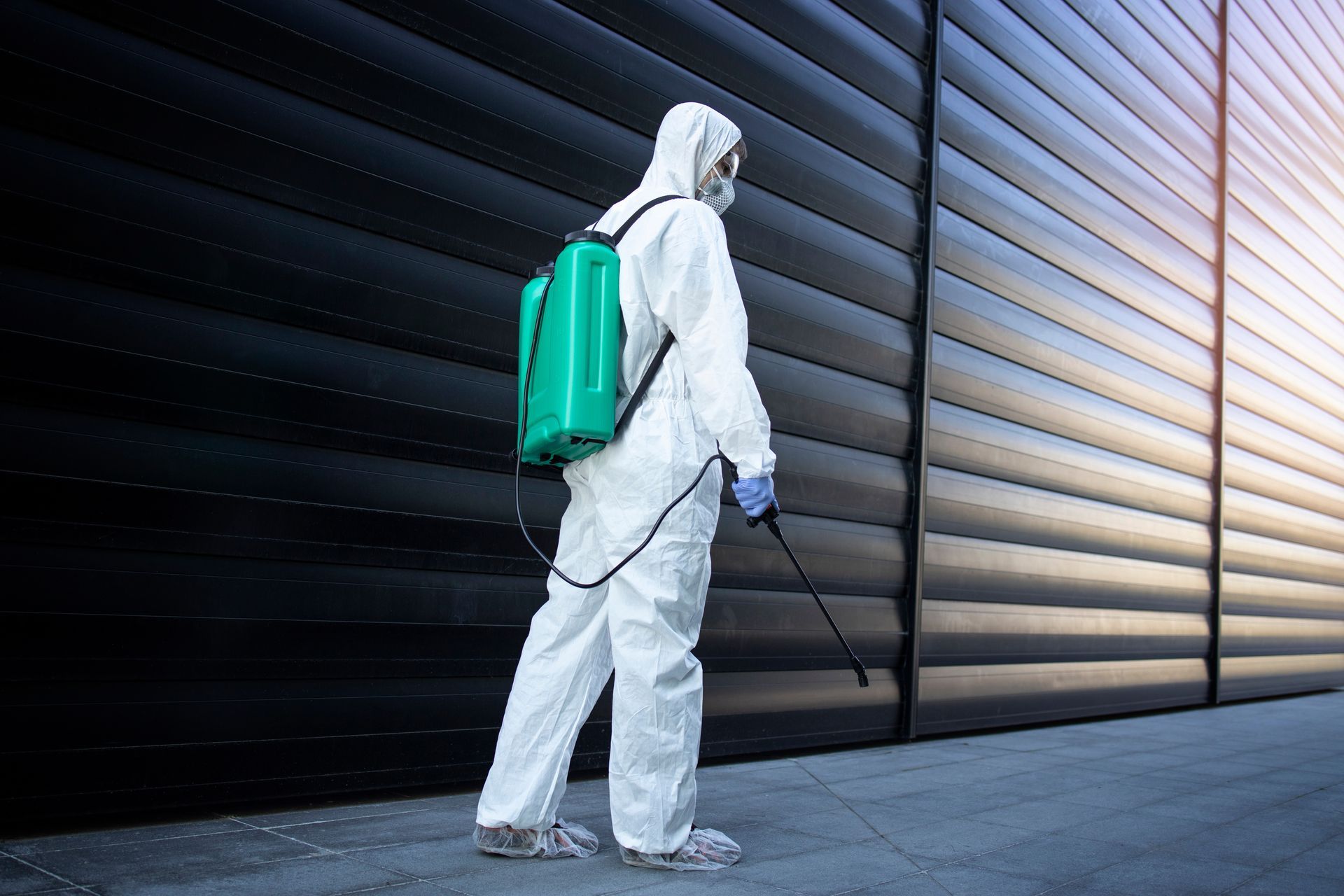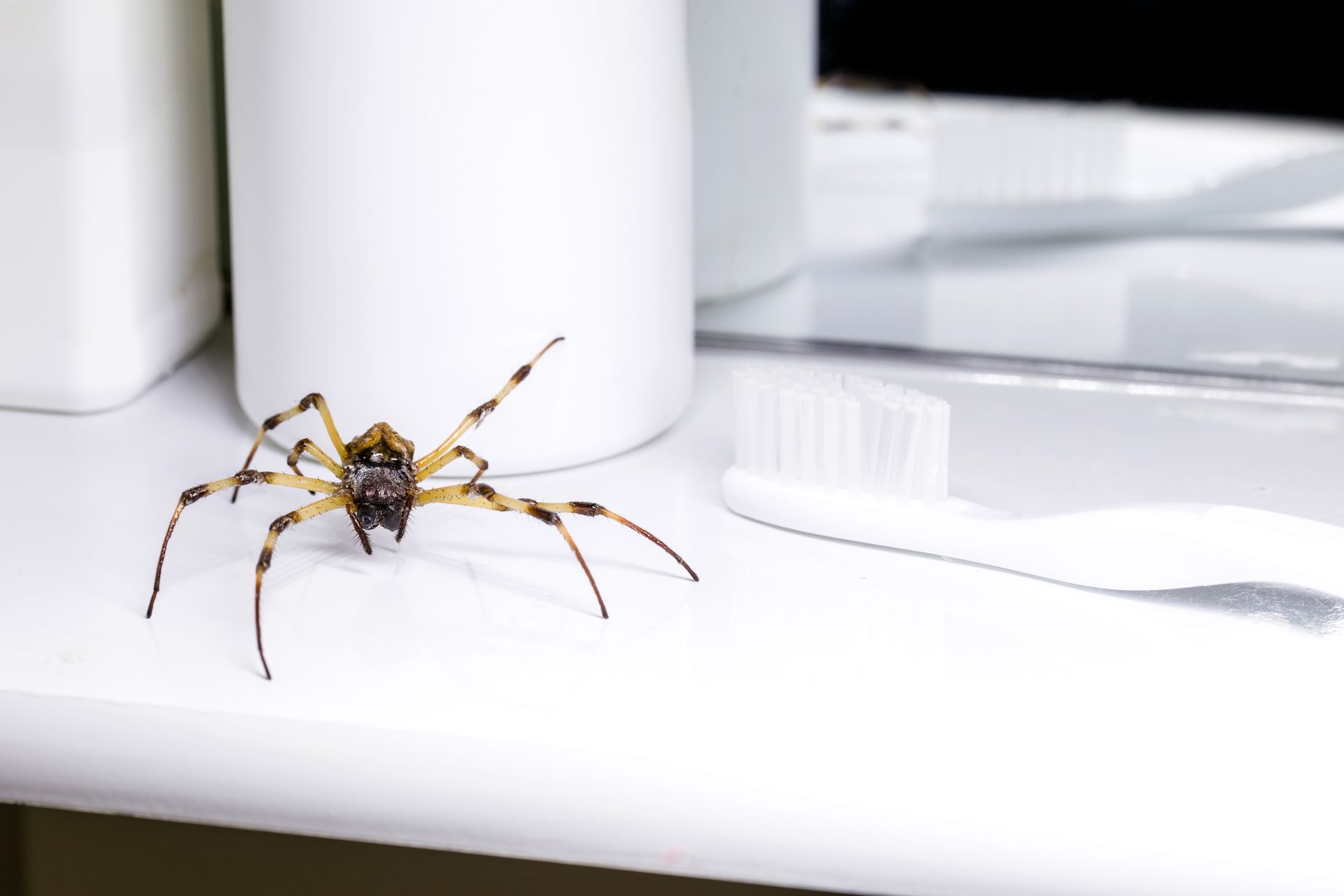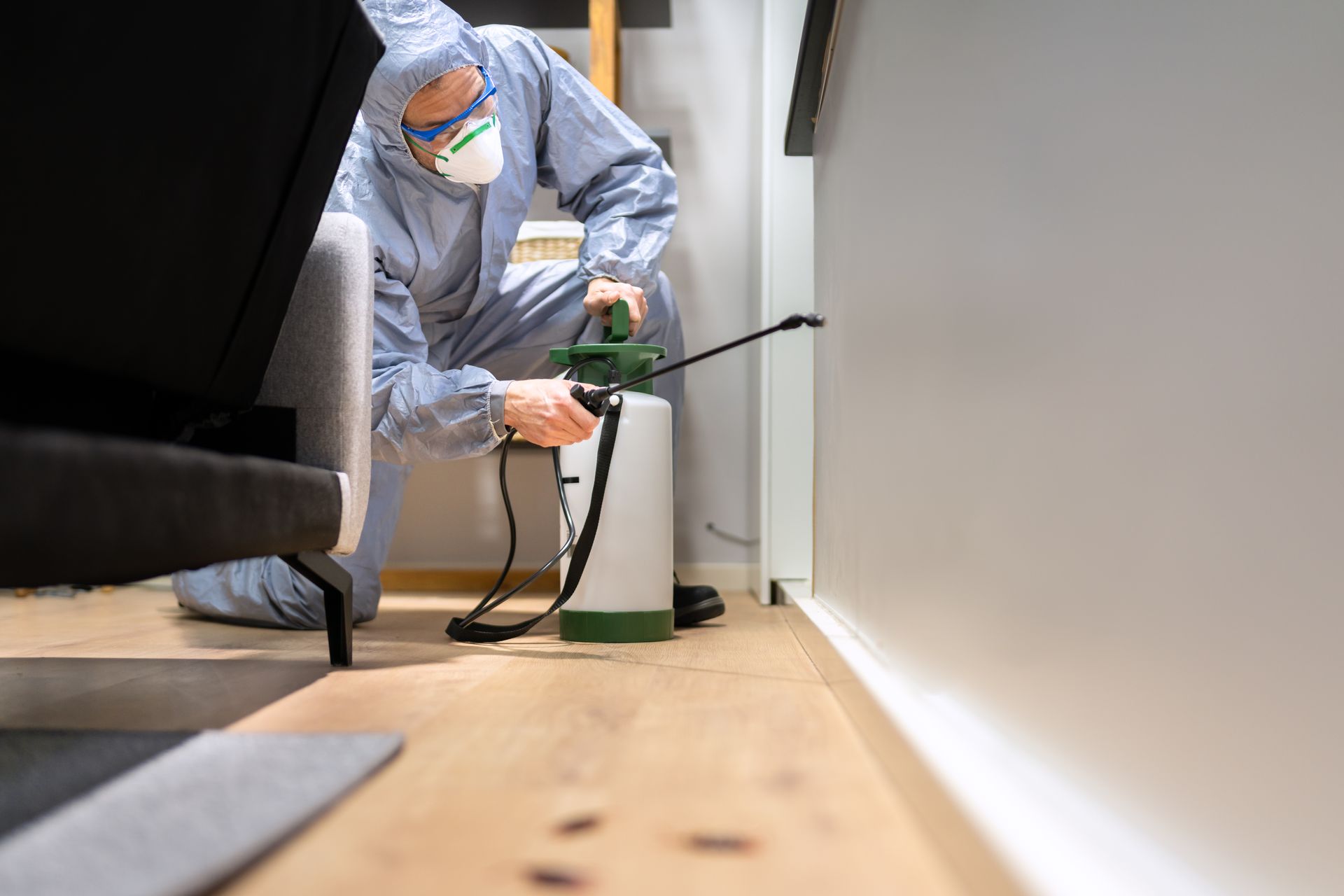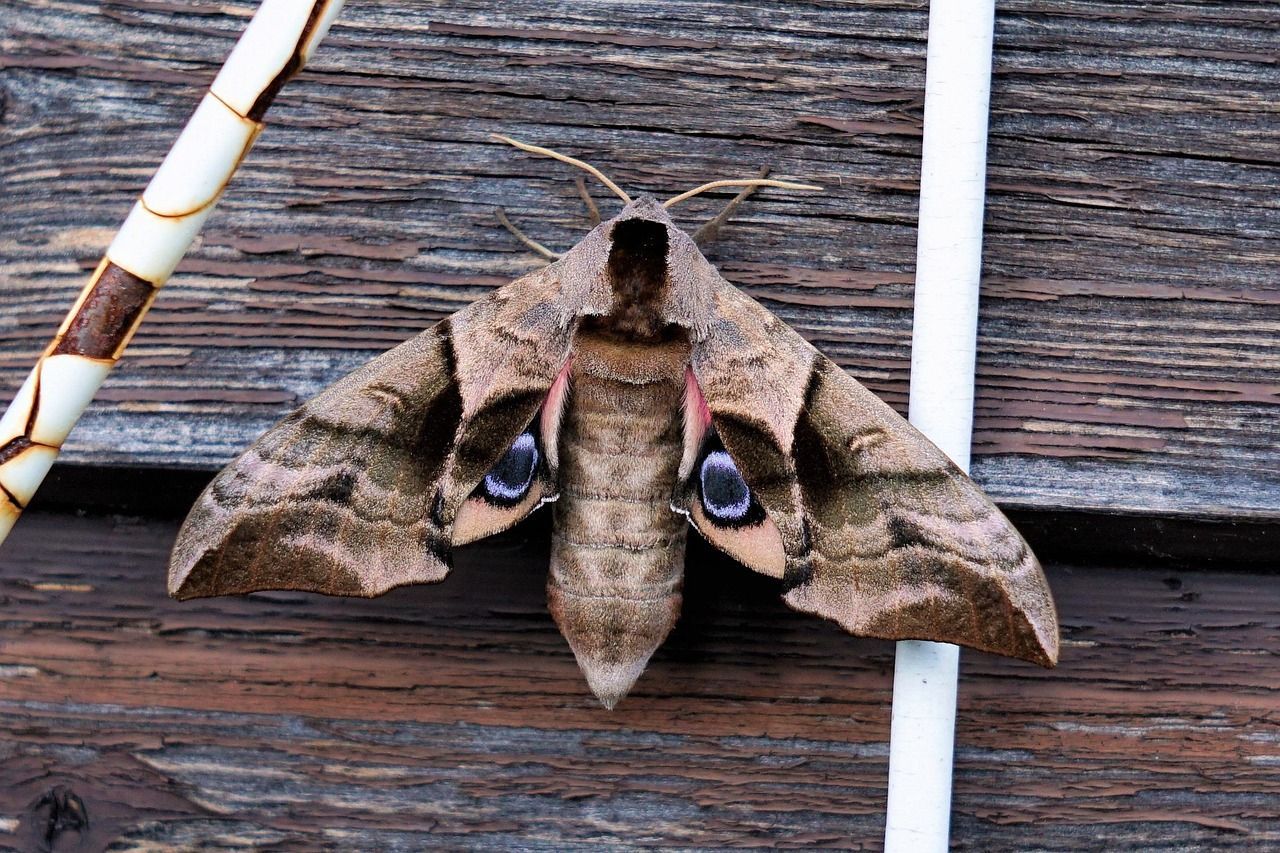Residential Pest Control: Keeping Your Home Safe from Common Pests
Your home should be your safe space—a place where you can relax without worrying about something crawling across the floor or buzzing past your ear. Unfortunately, pests have a different agenda. Whether it’s ants invading your kitchen, rodents sneaking into your pantry, or cockroaches showing up uninvited, these unwanted guests can make your home feel like theirs. That’s where residential pest control steps in.
This guide will walk you through everything you need to know about protecting your home from pests, why professional services make all the difference, and how to keep those critters from coming back.
The Most Common Household Pests and How They Sneak In
You’d be surprised how creative pests can be when it comes to getting inside your home. From the tiniest cracks to open doors and windows, these little invaders are always looking for a way in.
Here are some of the most common pests homeowners deal with:
- Ants: Drawn to crumbs, spills, and sugary snacks, ants march into kitchens like they own the place.
- Cockroaches: Masters of survival, cockroaches love dark, damp areas like under sinks and behind appliances.
- Rodents: Mice and rats chew through almost anything, spreading germs and leaving droppings behind.
- Spiders: While most spiders aren’t dangerous, they can multiply quickly and leave webs in every corner.
- Termites: These wood-eating insects are silent destroyers that can cause major structural damage.
- Bed bugs: They hitch rides on luggage and clothing, turning peaceful nights into itchy nightmares.
- Bees and wasps: These buzzing pests can build nests near windows, porches, or attics, creating potential hazards.
Most of these pests enter through small openings, gaps in doors, or unsealed vents. Once inside, they look for food, moisture, and shelter. Residential pest control helps identify and seal these entry points before things get out of hand.
DIY Pest Control vs. Professional Residential Pest Control
When homeowners spot pests, their first instinct is often to reach for store-bought sprays or traps. While DIY methods can provide quick relief, they’re usually a short-term fix. Professional residential pest control offers long-term protection and peace of mind.
Let’s break down the difference:
DIY Pest Control:
- Can temporarily reduce pest activity.
- Works best for small, isolated issues.
- Usually treats symptoms, not the root cause.
Professional Residential Pest Control:
- Targets the entire infestation, including eggs and hidden nests.
- Uses safe, professional-grade treatments.
- Identifies and eliminates the source of the problem.
- Offers preventive maintenance to stop pests from returning.
Professionals know where pests hide and how they behave. They don’t just spray and go—they investigate, treat, and follow up to ensure your home stays pest-free. Plus, they can recognize signs of pest activity that most homeowners overlook.
Let’s face it—no one wants to spend their weekend crawling around the attic with a flashlight and a can of bug spray. Leave that to the experts.
The Process of Residential Pest Control: What to Expect
Hiring a pest control company might seem like a big step, but the process is straightforward and designed to make your life easier. A good pest control service doesn’t just focus on killing pests—it focuses on creating a lasting defense system around your home.
Here’s what a typical residential pest control process looks like:
- Inspection: The technician inspects your home inside and out, identifying pest types, entry points, and signs of activity.
- Assessment: They develop a customized plan based on your home’s layout and level of infestation.
- Treatment: Safe and effective treatments are applied to target current infestations.
- Prevention: The technician will seal entry points, offer tips, and may use barrier treatments to prevent future infestations.
- Follow-up: Regular visits ensure ongoing protection and catch any new activity early.
Residential pest control isn’t a one-time fix—it’s an ongoing partnership to protect your home. Consistent maintenance is key to keeping pests out for good.
Preventive Tips to Keep Pests Away Between Treatments
Even with professional pest control, there are steps you can take to make your home less attractive to pests. Prevention is half the battle, and small habits can make a big difference.
Simple prevention tips:
- Keep it clean: Regularly vacuum and wipe down counters to remove crumbs and spills.
- Seal entry points: Use caulk or weatherstripping around doors, windows, and vents.
- Store food properly: Keep food in airtight containers, and don’t leave pet food out overnight.
- Eliminate moisture: Fix leaks and avoid standing water in sinks, basements, or bathrooms.
- Take out the trash: Dispose of garbage regularly and use bins with tight-fitting lids.
When you combine these habits with professional residential pest control, your home becomes a fortress pests can’t easily invade.
Protect Your Home with Professional Residential Pest Control in Queens, NY
When pests start taking over your home, it’s time to call the experts at No More Pests Control, LLC. Our team specializes in residential pest control designed to eliminate current infestations and prevent future ones. From ants and cockroaches to spiders and rodents, we use safe, effective methods to protect your home and keep it pest-free. Contact us today at (347) 901-8143 to schedule your inspection and experience top-quality pest protection in Queens, NY, and nearby areas.
We don’t just stop at residential pest control. We also offer
Commercial Pest Control,
Bed Bug Dog Inspection, and
Green Pest Control Services to cover all your pest management needs. No matter what kind of pests you’re facing,
No More Pests Control, LLC is your trusted partner for safe, lasting results.
FAQs
How often should I schedule residential pest control services?
Most homeowners benefit from quarterly visits, but if you live in an area with frequent pest problems, monthly services may be recommended.
Are residential pest control treatments safe for my family?
Yes. Professional pest control companies use products and application methods that are safe for people and pets. Eco-friendly options are also available.
Can I stay home during pest control treatments?
In most cases, yes. Your technician will let you know if temporary evacuation is necessary, but modern treatments are typically safe and low-odor.
What’s the best way to prepare for a pest control visit?
Clear clutter, store food properly, and make sure the technician can easily access treatment areas. They’ll provide specific instructions before your appointment.
What should I do if I still see pests after treatment?
Some pests may still appear briefly after treatment, but this usually means the product is working. If the issue continues, your pest control provider will re-inspect and re-treat as needed.
